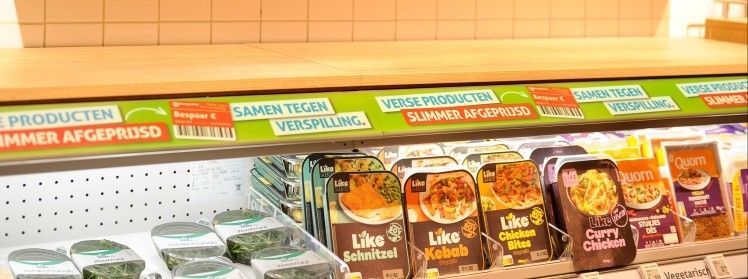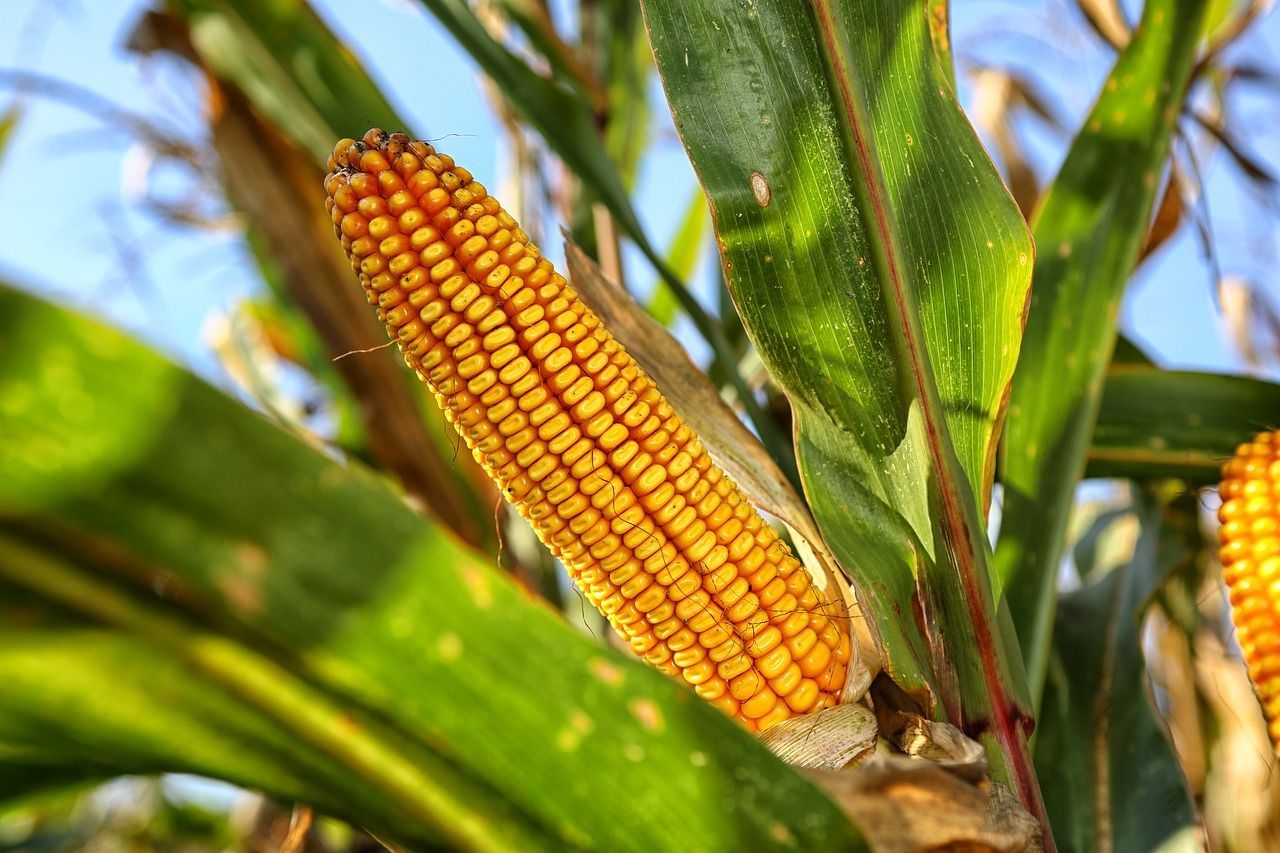🌍 The dangerous ozone hole is getting smaller and smaller
It's progressing slowly, but it's progressing nonetheless. In a few decades, the ozone hole that lets dangerous UV radiation through will be a thing of the past.
🔥 New stoves can save hundreds of thousands of lives in Africa
By switching to gas or electricity instead of wood and charcoal, many people would avoid inhaling dangerous gases when cooking.
🧬 13-year-old cured of "incurable" cancer
By modifying the genes in healthy T cells, doctors produced immune cells that could kill cancer cells that no other treatments could even detect.
🍌 AI reduces food waste in stores
An AI algorithm can keep track of when the price of items that are about to expire should be reduced, and by how much. This reducing wastage and increasing profits for stores.
👶 Parental leave can protect parents against mental illness
Generous parental leave gives parents protection against depression, burnout, and anxiety.
🦆 Environmental protection for half the price
Allowing some fields to grow back and putting more resources into increasing yields on remaining cropland gives the most biodiversity for the money.
🩸 Blood tests can reduce antibiotic resistance
A new test could help doctors distinguish between viral and bacterial infections and thus reduce the prescribing of antibiotics in cases when it wouldn't help.
🌽 Hardy grass can produce larger corn yields
A resistant grass variety showed researchers how corn can be made more resistant to nutrient deficiencies, reduce the need for fertilizer, and increase yields.
🧠 Chatbot can detect early signs of Alzheimer's
The same AI model used for ChatGPT can now also analyze texts people write to see if a person has early-stage Alzheimer's.









